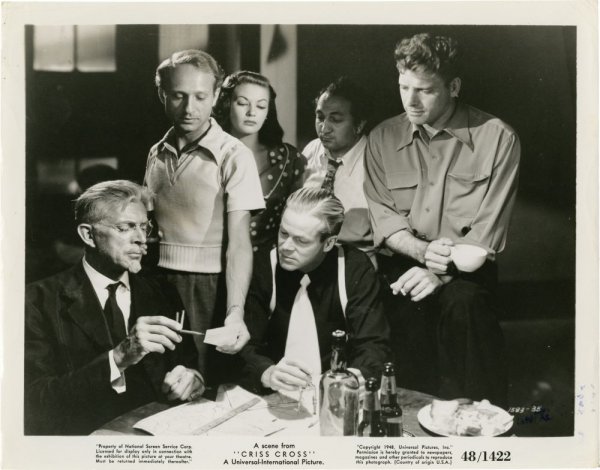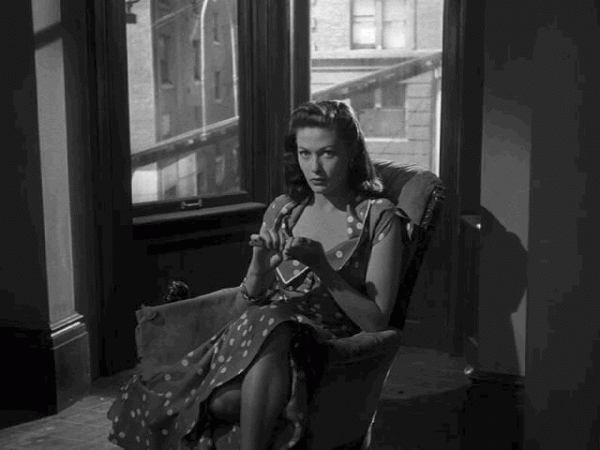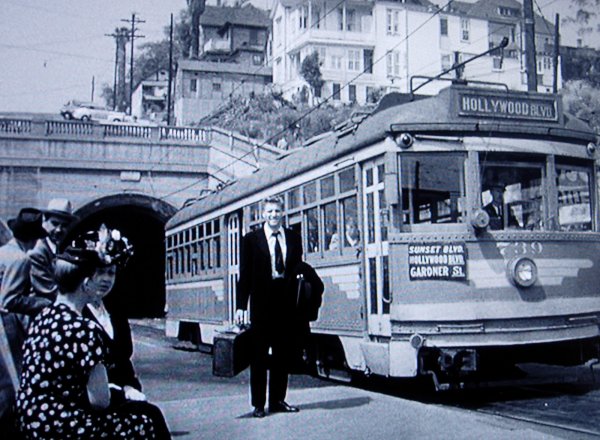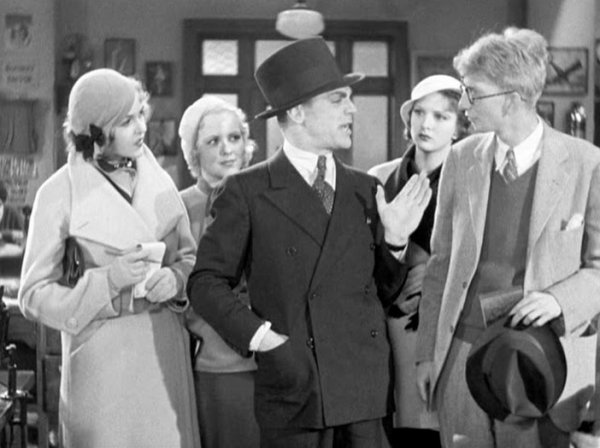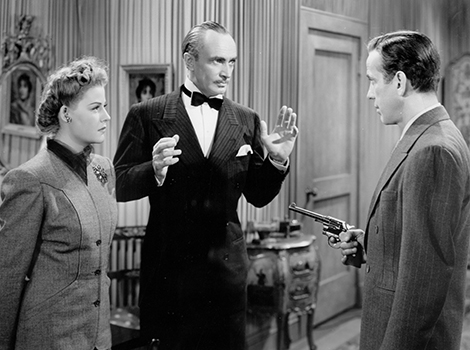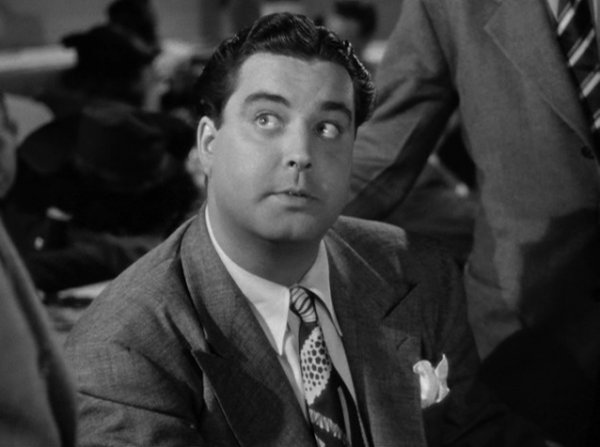- Messages
- 17,480
- Location
- New York City
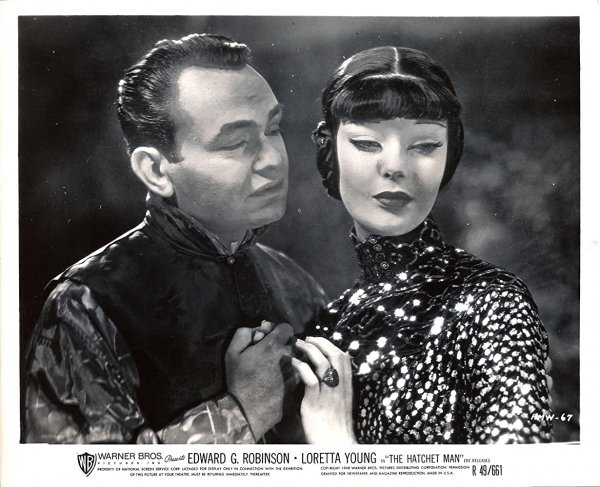
The Hatchet Man from 1932 with Edward G. Robinson and Loretta Young
White actors playing Chinese characters are not acceptable to modern audiences, but they were to 1930s' audiences (and to '40s' and '50s' and '60s' and '70s' audiences - it was in the '80s into the '90s that it was discover by the majority who decide these things that it was wrong).
I don't care what ethnicity plays what ethnicity as long as it is convincing and it's not convincing here, but as always, Robinson delivers such a strong, thoughtful and nuanced performance that his awful Chinese makeup and butchered attempt at English with a Chinese accent makes you forget all those flaws and just enjoy his effort.
And that goes for the rest of the movie, you either accept that there were prejudices and ways of looking at these things in the '30s that don't align to modern views or this is not the movie for you. To be sure, this is far from an all-insulting movie to Chinese Americans; in reality, at times, it's quite the opposite. Parts of Chinese culture and values are shown in a better light than - superior to - traditional America culture and values.
That and the, overall, strong story are what I enjoyed. The story is straightforward, Robinson plays a Tong "Hatchet Man," sort of a senior person in the Tong who has the responsibility and skill to carry out sanctioned-by-the-Tong murders of opponents. As the movie opens, we are told it is fifteen years earlier when San Francisco experienced Tong wars and Robinson is sent to kill his best friend.
We don't have all the background, but his best friend understands that Robinson has to do his duty and the friend leaves his property and the care of bringing up his young daughter to Robinson - that's some serious belief in the integrity of the Tong system. Then, we fast forward to present day San Francisco, 1932, when, in theory, Tong wars are over.
Robinson's best friend's daughter is now a young woman (Young) whom Robinson has raised with kindness and decency as he has become a successful businessman who now dresses, mostly, in Western business suits. With no pressure at all - almost scripted out of a 2020 college-dating handbook - Robinson asks her to marry him and she agrees seemingly happy to marry this generous and decent, if much older, man.
Then all hell breaks loose. A Tong war flares up, Robinson travels to an out-of-town "peace" conference where he learns it is a white businessman who is stirring up all the trouble (a whose-culture-is-superior challenge 1930s' style). Meanwhile, while Robinson is away, a young, handsome local Chinese drug dealer (yup, it's pre-code) moves in on Robinson's wife.
While Robinson solves the Tong war, he is disowned by the local Chinese community because he will not kill the man who dishonored him by stealing his wife. We'll give that round to Western values. As a result, Robinson loses his business and becomes a farm worker. Then, later, he learns his that wife is in terrible straights in China as her boyfriend has become a drug addict. Off to China Robinson goes to save his wife.
Mind you, this all happens in a seventy-four minute movie and Robinson still has to sort things out in China. They knew how to pack a lot of story into short movies back then. To avoid spoiler alerts, we'll leave the final China scene out, but it, like the rest of the movie, is basically a commentary of traditional Chinese values of honor and integrity held up favorably against both 1930s American values and the Chinese who game the honor system for selfish reasons.
By today's standards, much of what is shown here is unacceptable, but by 1930s' standards, this is pretty progressive stuff as the message - not even that subtle - is that traditional Chinese cultural values of honor and integrity are superior to America's individual-striver (and often corrupt) system. While I'd argue it's a phony dichotomy - individuals can compete aggressively while also treating each other with respect and integrity - as a message movie in the '30s, it's pretty darn complimentary to Chinese culture.
